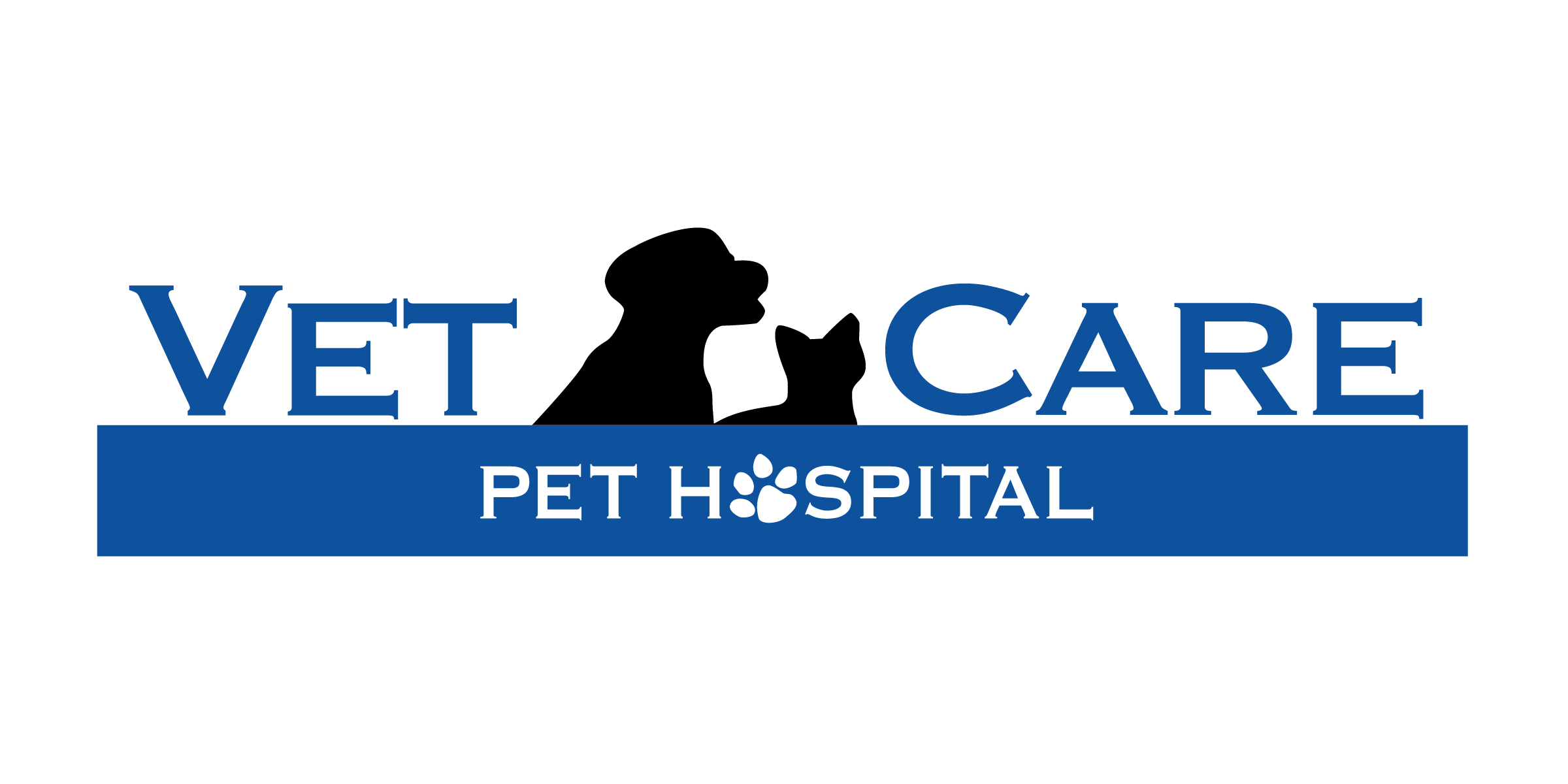Heartworm is a parasitic worm that lives in the blood vessels and is transmitted by mosquitoes. Because they most commonly end up in the lungs or the heart, they are extremely dangerous and can even lead to death. While not seen in New Brunswick, it is important to talk to your veterinarian about heartworm prevention if you will be travelling out of province with your dog, especially to high-risk locations, such as Southern Canada or the United States. By placing your dog on a proper veterinarian-recommended heartworm preventive, you can keep your four-legged family member safe from a potentially fatal parasitic infection while on vacation!
What are the symptoms of heartworm in a dog?
The most common symptoms seen in dogs with heartworm include a persistent cough, exercise intolerance, decreased appetite, anemia, fainting and weight loss. Severe heartworm disease can lead to heart failure or a blockage in the blood vessel. If you suspect your dog may have heartworm disease, it is crucial to bring them in for an exam with a veterinarian.
How do dogs get heartworm?
Heartworm is transmitted by mosquitoes carrying the worm larvae. The enter the body through the mosquito’s bite and migrate through the blood vessels, often ending up in the heart or the lungs. They continue to mature, as they migrate and will eventually start to reproduce and multiply. If an infection gets severe enough, a large number of heartworm can cause an often fatal blockage in the blood vessel.
What are the treatment options for heartworm?
If your dog is diagnosed with heartworm, they will need to be hospitalized and given a series of injections to kill the worms. It is much safer for your dog and easier on your wallet to use a monthly preventive if your dog is at risk.
Why is recovery and heartworm treatment challenging?
It is very challenging to treat for heartworm because the dead worms can still cause a blockage or permanent damage to the heart. It is important to follow all steps following treatment, such as cage rest and strict activity restriction for 4-6 weeks, to help prevent any complication.




